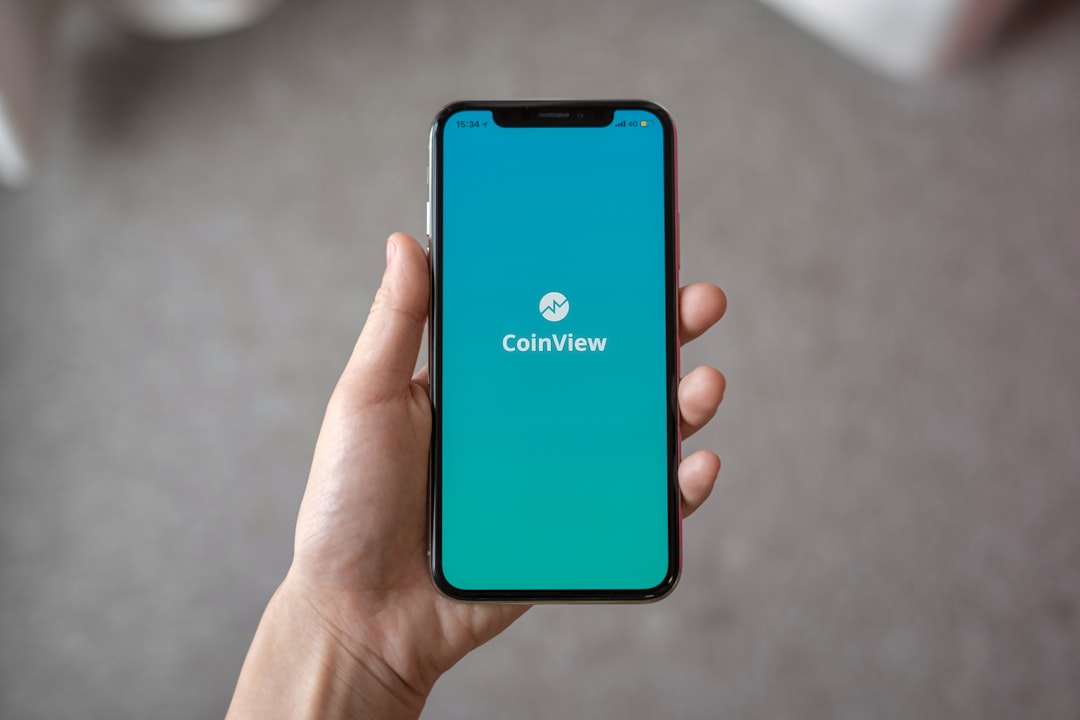Idaho's debt collector laws balance consumer protection and creditor rights by regulating contact methods, preventing harassment, and providing consumers with validation rights. These laws, including the Fair Debt Collection Practices Act (FDCPA), mandate respectful communication, identity verification, and accurate debt information, shielding residents from abusive practices while facilitating fair debt recovery processes. Debtors have legal recourse against violations, including complaints and potential damages.
In Idaho, debt collector communication laws are stringent, designed to protect consumers from aggressive or misleading tactics. This comprehensive guide explores the key aspects of debt collection regulations in the state, including consumer rights and protections, Fair Debt Collection Practices Act (FDCPA) application, and clear guidelines for debt collectors. We also delve into legal recourse available to consumers whose rights are violated, ensuring you’re aware of your protections under Idaho’s debt collector laws.
Understanding Idaho's Debt Collection Laws

In Idaho, debt collection laws are designed to protect consumers from unfair or aggressive collection practices while ensuring that creditors can recover what they’re owed. The state has specific regulations for debt collectors, including restrictions on when and how they can contact individuals about outstanding debts. For instance, collectors cannot call before 8 a.m. or after 9 p.m., nor can they harass or threaten debtors.
Understanding these laws is crucial for both consumers and debt collectors. Consumers should be aware of their rights and the do’s and don’ts of communication with collection agencies. On the other hand, debt collectors must adhere to strict guidelines to avoid legal repercussions. By knowing and following Idaho’s debt collection laws, all parties can navigate this process more effectively and with greater peace of mind.
Consumer Rights and Protections in Idaho

In Idaho, consumer rights and protections are vital aspects of the state’s debt collector laws. Consumers have several legal safeguards designed to prevent aggressive or unfair collection practices. The Fair Debt Collection Practices Act (FDCPA), a federal law, also applies in Idaho, ensuring that debt collectors treat consumers with respect and provide them with specific rights.
Under these laws, Idaho residents are protected from harassing, abusive, or false debt collection tactics. They have the right to request validation of the debt, meaning collectors must prove the amount owed. Additionally, consumers can dispute inaccurate information in their credit reports and seek legal action if they believe their rights have been violated. These protections empower individuals to navigate debt collection processes with confidence, knowing they are shielded from unfair practices.
Fair Debt Collection Practices Act (FDCPA) Application

In Idaho, the Fair Debt Collection Practices Act (FDCPA) applies to debt collectors when engaging in any communication related to the collection of debts within the state. This federal law sets stringent guidelines to protect consumers from aggressive or unfair practices by debt collectors. It restricts the time and methods debt collectors can use to contact individuals, ensuring a more reasonable and respectful approach. Under the FDCPA, collectors must cease contacting consumers who have requested cessation, and they are prohibited from using abusive, obscene, or misleading language.
Idaho debt collector laws further reinforce these federal protections, ensuring that collectors adhere to ethical standards. They are required to provide valid identification when communicating with debtors and cannot threaten legal action without intending to take such steps. This legislation is designed to maintain a delicate balance between debt recovery and consumer rights, fostering a fair and transparent debt collection environment in Idaho.
Communication Guidelines for Debt Collectors

Debt collectors in Idaho must adhere to strict communication guidelines as outlined by state laws. These regulations are designed to protect consumers from aggressive or misleading tactics and ensure fair practices during debt collection processes. According to Idaho’s debt collector laws, collectors cannot make phone calls with the intent to harass, threaten, or abuse the debtor. They must also obtain and verify the debtor’s identity before engaging in any conversation related to the debt.
Furthermore, communication should be conducted in a clear, concise, and polite manner. Collectors are prohibited from using deceptive language or making false statements about the debt. All written communications, including letters or texts, must include accurate information about the amount owed and the consequences of failure to pay. These guidelines promote transparency and respect for debtors’ rights under Idaho’s debt collector laws.
Legal Recourse Against Violating Debt Collectors

If a debt collector in Idaho breaches the state’s established laws and regulations, individuals facing debt collection have legal recourse to protect their rights. The Idaho Debt Collection Act outlines specific guidelines for collectors, including restrictions on when and how they can contact debtors. If a collector harasses, threatens, or uses unfair practices, such as contacting individuals at inappropriate times or using abusive language, affected parties can file a complaint with the Idaho Attorney General’s Office.
Legal action can be taken against violating debt collectors, including seeking damages for emotional distress, actual losses, and attorney fees. The Fair Debt Collection Practices Act (FDCPA), a federal law, also applies to Idaho collectors, prohibiting abusive, false, or deceptive practices. Debtors who feel their rights have been violated under either Idaho debt collector laws or the FDCPA can consult with an attorney specializing in consumer protection to explore potential legal options and seek justice.






